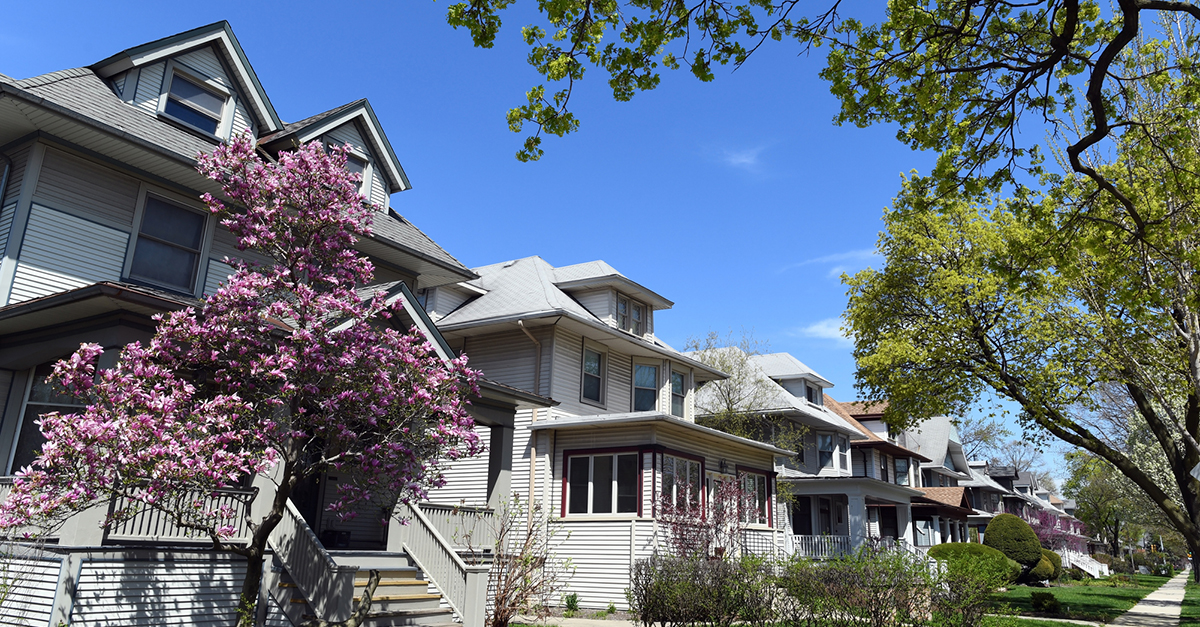House Hacking: How Can Owners Cash In?
BY
Bobbi Pronin
.
January 9, 2024

In simplest terms, house hacking means finding ways to generate income from your home. Your grandmother may have done it by renting out a room or two in her home. Your neighbor may be doing it now by building an accessory dwelling unit (ADU) on his property to be used as a rental.
In an era of low housing inventory and soaring costs, Americans everywhere are looking for affordable housing and/or for ways to increase income – so, it is no surprise that house hacking is gaining in popularity. Limited only by local laws, homeowners, and investors have many alternatives for cashing in:
Do some house-flipping – People handy with tools – or investors willing to pay for repairs – can buy fixer-uppers, get them into shape, and flip them for a quick profit.
Buy a multi-family home – Buy a home with more rooms than you need and rent out a room or a separate apartment on a long-term basis.
Try short-term rentals – If the idea of a long-term tenant doesn’t suit, try short-term rentals via Airbnb or Vrbo. (Check local short-term rental regulations first.)
Get a roommate – Sharing your home with a housemate is a simple way to cut your mortgage expense and split the cost of utilities and maintenance.
Build an ADU – Also known as granny flats or in-law apartments, ADUs offer more privacy than in-home rentals. Consider converting a detached garage, a basement space with a private entrance, or building a unit somewhere on your property if permitted by local laws.
Provide rental space on your land – Homeowners with a bit of acreage may be able to rent some garage or barn space to people who need storage space or want to park a boat or RV.
Multi-family homes with up to four units can be purchased with an FHA loan or a VA loan, both of which offer products to borrow funds for renovations– and private lenders are often eager to loan to new real estate investors with good credit scores and debt-to income ratios. If permitted by your loan type and by your lender, buying a larger home with the intent of renting out a portion of it can make financial sense in the long-term because the rental income can cover all or part of your mortgage loan.
It is important to remember that house hackers must report any real estate rental income or loss using the IRS Schedule E tax form. They may also have to pay self-employment tax if they provide renters with additional services such as daily meals, concierge services, or anything beyond basic property maintenance.
---
This material is meant for general illustration and/or informational purposes only. Although the information has been gathered from sources believed to be reliable, no representation is made as to its accuracy. This material is not intended to be construed as legal, tax or investment advice. You are encouraged to consult your legal, tax or investment professional for specific advice.
About Bobbi Pronin
Bobbi Pronin is an award-winning writer based in Orange County, Calif. A former news editor with more than 30 years of experience in journalism and corporate communications, she has specialized in real estate topics for over a decade.
Bobbi is not an employee of Anywhere Integrated Services or affiliated with its title companies.







